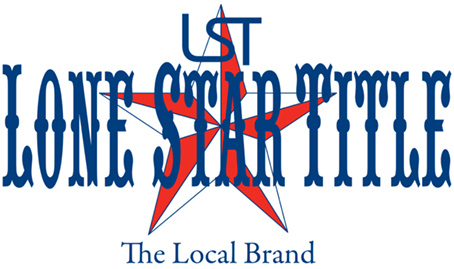Title Insurance


The Basics of Title Insurance
When you buy a home, you want to be certain it’s safely yours. But even the most diligent search of the public records could fail to disclose a number of title defects. Defects may include: a forged will or a deed; a title transfer by someone under age; a married person conveying real estate without his or her spouse; fraudulent impersonations; invalid divorces, false affidavits. These are just a few of the problems that can suddenly surface. Without the protection of title insurance, you’ll be in jeopardy of losing your investment.
A service known as a title search describes, as well as possible, the condition and quality of the title you are buying. Then, your title insurance protects you against mistakes or threats that might otherwise result in financial loss to you include hidden, unknown items.
Your Coverage: Your title insurance protection is a permanent assurance that your ownership and use will be defended against claims at no cost to you, whether the claim is valid or not. The Lender’s Coverage: If a mortgage is to be placed on your new home, the mortgage lender will probably require that you purchase title insurance to protect the institution’s position as a holder of a mortgage loan.
However, this mortgagee’s title insurance policy doesn’t protect you, the homeowner. You need an owner’s title insurance policy to protect your investment. You Pay Only Once: There are no renewal premiums, and there is no expiration date on the policy. Yet the protection lasts as long as you, or your heirs, retain an interest in the property.
Closing on Your Home:
What to Expect
Closing on a home can be an exciting time. For many buyers and sellers it can also be a time of confusion, primarily because many people are not familiar with the closing process. The better this process and the responsibilities of the various providers of services are understood, the more likely we are to relax and benefit from the transaction. Numerous entities will participate in and provide services to the purchasers; however, the real estate agent, mortgage lender and the title company are the primary participants in the closing of your home. Most buyers and sellers utilize the services of a state licensed real estate agent to aid them in identifying a home, negotiating the earnest money contract, selecting a lender and title company, and generally acting as a consultant throughout the closing and beyond. The initial contact with a real estate agent is often to answer the question: “Can I afford to buy a house?” or “What kind of house can I find in this price range?” The real estate agent deals in the real estate market every day and can assist you in making an informed decision on your purchase. Your closing will actually take place at the title company, which will act as escrow agent and title insurer.
As detailed in the earnest money contract, the title insurance agent may hold the earnest money, prepare the closing statement and generally coordinate with all the entities involved in the closing. This includes collecting invoices and written information from the mortgage lender, insurance agent, surveyor, attorneys for buyer, seller-lender, tax search firm, mechanical and termite inspection companies and title underwriter.
In addition to acting as escrow agent, the title company will research the title to your home and issue a commitment for title insurance reflecting the ownership, restrictions, easements, liens and other exceptions that will have an effect on the property. Upon completion of the closing process, an owner’s policy of title insurance will be mailed to the purchaser reciting the exceptions that appeared in the commitment and any additional exceptions that were created at closing.
- Upon your signing of the earnest money contract and writing of the earnest money check, the real estate agent will “open title” at the title company named in the earnest money contract.
- The buyer will make loan application with your selected mortgage lender. They will communicate with you during the next few weeks in their attempts to verify your prior loan history, employment, financial position, and appraised value of the home being purchased.
- During this same period, the title company will research the title and send its commitment to you, the seller, and your real estate agent and mortgage lender.
- The title company will begin amassing the information previously described.
- The buyer and the real estate agent will wait on the loan approval, satisfactory title commitment and satisfactory inspection of the property before making firm moving plans.
- After loan approval, the mortgage lender, through its attorney, must prepare the substantial number of loan and legal papers necessary to attach a valid lien or mortgage on the home. The title company will coordinate the receipt of closing instructions from the lender, inspections and other charges from your insurance agent, a survey and other items required in the earnest money contract.
- At the time of closing, the title company will allocate the fees between the purchaser and seller in accordance with the contract, lender’s instructions and local custom. The closing will take about forty-five to sixty minutes; however, occasionally there are last minute delays from one of the many servicing companies, especially at the end of the month.
- After you and the seller have signed the necessary documents, the title company will return the mortgage papers to the lender for review and funding of the loan. Upon receipt of the loan amount, the title company will disburse all proceeds as shown on the closing statement. Your home purchase is now completed and closed!
This summary of the steps and descriptions of the parties involved in helping you close on your home is quite involved. However, by understanding the closing process, you will be better able to identify the cause of any obstacle or delay in closing. At Lone Star Title, our staff of experienced professionals is dedicated to the accomplishment of our goal, closing your home. For more information on what to expect when closing on a home, please take a few minutes to review this brief yet informative overview, Home Closing 101.
